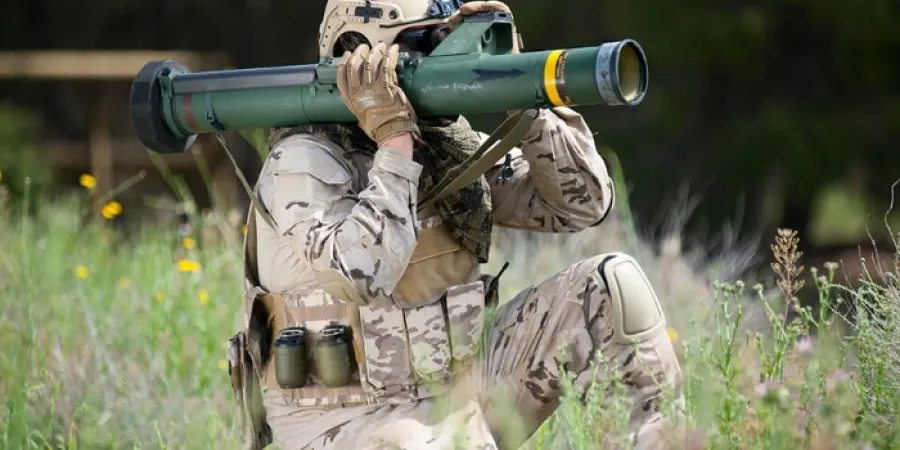Instalaza to supply Spanish Army with C90 rocket-propelled grenade launchers
Under the contract valued at over 22 million euros, six different types of the shoulder-fired, disposable 90mm system will be delivered
Eyal Boguslavsky
| 06/05/2021
The Spanish Army has awarded a €22.4 million contract to the Spanish company Instalaza for the purchase of C90 shoulder-fired, one-man operated rocket-propelled grenade launchers. The contract includes the purchase of six different models and training systems. Instalaza will provide three versions of its C90-CR and three versions of its C90-CS.
The MilitaryLeak website reported that the Instalaza C90, also called the M3, is a 90mm disposable, shoulder-fired and one-man operated system which can be fitted with a VN38-C night vision device with a 4x magnification for full night combat capability. The original C-90 was designed and developed by the Spanish company Instalaza S.A. in the late 1980s, and adopted for use by the Spanish Army in 1990. The weapon has been manufactured and offered on the international market since the early 1990s, the report said.
The C-90 has a number of different grenade options. Various mission-specific variants of the C90-CR are available, including anti-tank, anti-bunker, combined anti-armor/fragmentation (HEDP), smoke/incendiary, and training. The C90-CR (M3) series fire 88.9 mm caliber rockets to stated ranges of 300m for point targets, and 800m for area targets. As a single-use weapon system, once the rocket has been fired, the non-reloadable launch tube is discarded. According to the company, the chance of a successful hit on a standard vehicle target at a range of 50 meters is nearly 100%, and the C90-CR (M3) does not suffer after being exposed to temperatures as high as 50 degrees for a period of 24 hours, according to the report.
Under the contract valued at over 22 million euros, six different types of the shoulder-fired, disposable 90mm system will be delivered
The Spanish Army has awarded a €22.4 million contract to the Spanish company Instalaza for the purchase of C90 shoulder-fired, one-man operated rocket-propelled grenade launchers. The contract includes the purchase of six different models and training systems. Instalaza will provide three versions of its C90-CR and three versions of its C90-CS.
The MilitaryLeak website reported that the Instalaza C90, also called the M3, is a 90mm disposable, shoulder-fired and one-man operated system which can be fitted with a VN38-C night vision device with a 4x magnification for full night combat capability. The original C-90 was designed and developed by the Spanish company Instalaza S.A. in the late 1980s, and adopted for use by the Spanish Army in 1990. The weapon has been manufactured and offered on the international market since the early 1990s, the report said.
The C-90 has a number of different grenade options. Various mission-specific variants of the C90-CR are available, including anti-tank, anti-bunker, combined anti-armor/fragmentation (HEDP), smoke/incendiary, and training. The C90-CR (M3) series fire 88.9 mm caliber rockets to stated ranges of 300m for point targets, and 800m for area targets. As a single-use weapon system, once the rocket has been fired, the non-reloadable launch tube is discarded. According to the company, the chance of a successful hit on a standard vehicle target at a range of 50 meters is nearly 100%, and the C90-CR (M3) does not suffer after being exposed to temperatures as high as 50 degrees for a period of 24 hours, according to the report.



